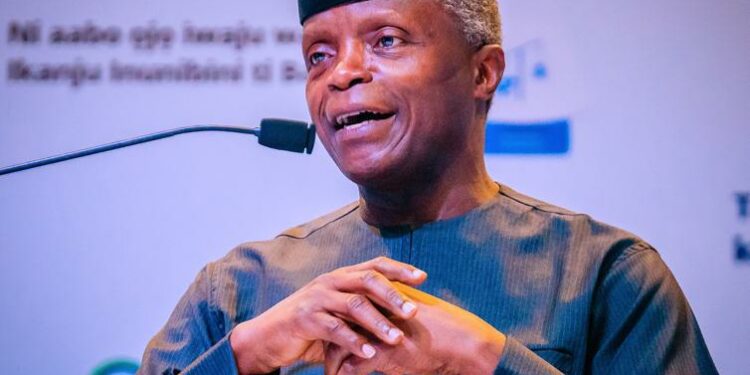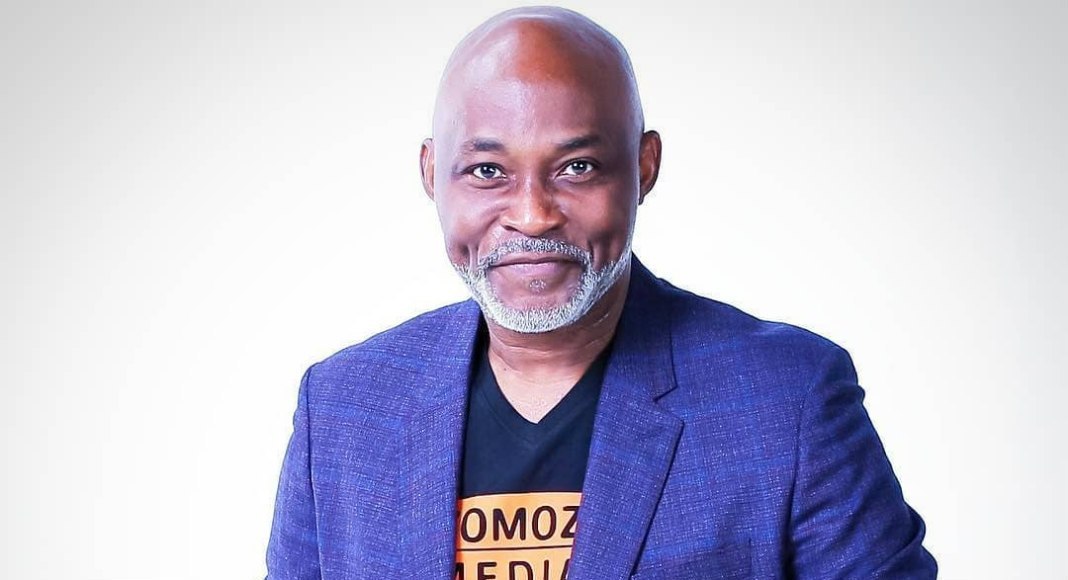There is nothing wrong with being involved in the political scenery of Nigeria. In fact, there is nothing wrong with being committed and different.
No doubt, Nigerians have lost faith in the political gladiators from the country. The state of the nation has begot nothing less than politics of acrimony, where most key players have exhibited signs of selfishness.As 2023 draws near, different Presidential aspirants have started showing interests. Supporters have commenced campaigns for their candidates. The mode for the 2023 presidential election has now been set in motion. Even the deaf are hearing the drumbeat louder, as many politicians have already thrown their hats in the ring.Though the major political parties are still planning and weighing their options ahead of the elections, observers say campaign posters of some presidential hopefuls have started littering the country already. Remember that in October 2021, campaign posters of Vice President Yemi Osinbajo surfaced in some parts of the South-western region. This excited many. The posters, with the bold heading ‘Osinbajo for All 2023’ were pasted at some strategic areas in the capital of the old western region, Ibadan. Groups and different Associations have mounted pressures on the highly intelligent Law Professor, asking him to join the presidential race, though the VP is yet to give his nod to the calls.That is not to say, key players in the All Progressives Congress (APC), like a former Governor of Niger State, Babangida Aliyu have boldly thrown their weightsa behind Vice-President Yemi Osinbajo, describing him as the best candidate of the party for the 2023 presidential election.Indisputably, his Office as the Vice-President has enjoyed more visibility, prestige and a mixed feeling of socio-economic interventions under his watch. At just 64 years, Professor Yemi Osinbajo has made more impacts on the nation’s economic growth than his predecessors.
More than his predecessors, Osinbajo has made some “ground-breaking, significant contributions in the areas of reducing farmer-herder conflicts, restoring peace in the then volatile Niger-Delta region, promoting Small and Medium Enterprises, establishing the biggest social investment programmes in the continent and commitment to upholding human rights alongside repressing gross violations in Nigeria.He initiated the Economic Sustainability Plan where Nigerians benefit from several packages like MSME Survival Fund, Youth Fund, Mass Housing Programmes, Farmers Fund, Teachers’ Welfare Scheme, and the likes. With the aid of this initiative, the Federal Government has invested over 2 Trillion Naira in all these as part of measures for post-Covid recovery. These also include the recently launched Solar Power Strategy which focused on creating about 250,000 jobs and enabling about 5 millions solar homes systems to be installed across the country. The Plan entails the provision of structured loans by the Central Bank of Nigeria for the manufacturing of these Solar Home systems and many of them. The solar systems are assembled locally in order to promote Made-In-Nigeria products in the nation.
Also, the Mass Housing Programme is expected to create 1,500,000 jobs.Researchers and watchers of the polity have watched keenly. They recall his strides as the Acting President of the Federal Republic of Nigeria in 2017. President Muhammadu Buhari had written a declaration on 9 May 2017 to the president of the senate and house of representatives on his decision to embark on a medical trip; the letter was read that day at a plenary assembly of both the senate and the house of representatives. The acting presidency was conferred upon Vice president Osinbajo during President Buhari’s medical leave. He made bold steps that redefined and retraced the retrogressing steps of the Nation. On 7 August 2018, Osinbajo fired the State Security Service boss, Lawal Daura for illegal invasion of the National Assembly by armed and masked operatives of the department. Daura has been replaced with Matthew SeiyefaA bold and fearless public servant, In January 2019, Osinbajo criticized the fact that social media is currently “under multi-jurisdictional regulation”. He called for more collaboration among nations to reach a convention to regulate social media and counter hate speech.
On February 2, 2019, Osinbajo’s helicopter crashed in Kabba, Kogi State. He survived, and delivered a previously-scheduled campaign speech after the crash. In the speech, he said he was “extremely grateful to the Lord for preserving our lives from the incident that just happened. Everyone of us is safe and no one is maimed.”As the Vice President of the Federal Republic of Nigeria, Osinbajo has seamlessly supervised the economic planning team and report as well as made recommendations to the president who takes the final decision. Because of his legal background and antecedents as a commissioner for justice in Lagos state for eight years, he has contributed a great deal to the reform of the judicial system at the national level.According to some researches, on the perennial farmer-herder conflicts in parts of the country, the Vice President as chairman of the National Economic Council introduced the National Livestock Transformation Plan which is aimed at boosting food production, create employment for rural dwellers, and significantly reduce incidents of conflicts between farmers and livestock producers in the country.Under the NLTP, the states are encouraged to voluntarily lease lands for ranching. About five states have commenced the scheme with four being supported by the Dutch government to implement the NLTP while about 22 states altogether have shown interest.Osinbajo brokered peace in the once volatile Niger Delta region, through the ‘The Niger Delta New Vision’ since 2016. Thanks to Osinbajo’s initiative which helped to resolve insecurity and youth restiveness in the Niger-Delta region.
The Niger-Delta region is forever grateful to Osinbajo, whose strategic plans restored peace in the economically viable region. Before the launch of ‘The Niger-Delta New Vision’, attacks on oil installations and vandalism were common leading to heavy loss of revenue occasioned by drastically reduced oil production output.Many still recall with nostalgia, the nation’s season of recession in 2016. President Muhammadu Buhari appointed Osinbajo to lead the delegation to broker peace with the communities in the 13 oil producing States. An efficient leader, Osinbajo successfully stopped the destruction of oil installations and pipelines, after which oil production output rose again helping overall economic output of the nation after the 2016 recession.Osinbajo has made the Nation proud in many ways. He initiated the largest social investment programmes: N-Power Programme, which currently employs 500,000 graduates; GEEP loans (Market Moni, FarmerMoni and Trader Moni), providing credit to over 3 million Nigerian traders, artisans and businessmen; the Home-Grown School Feeding Programme, amongst others.
Observers call him an encyclopedia of Law and a passionate lover of the nation. Nigeria needs no better candidate to run as its President in 2023.
Olamide Adeniji is a member of the editorial team of TheScript Newspaper




